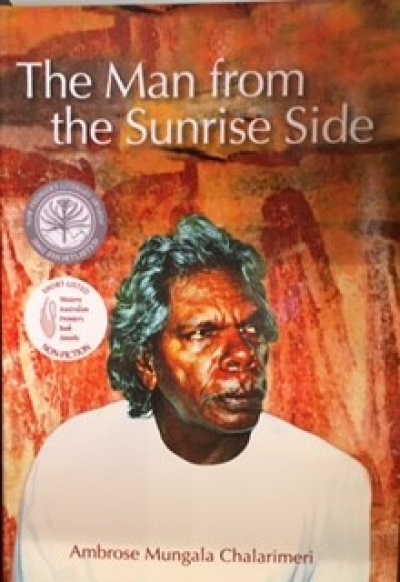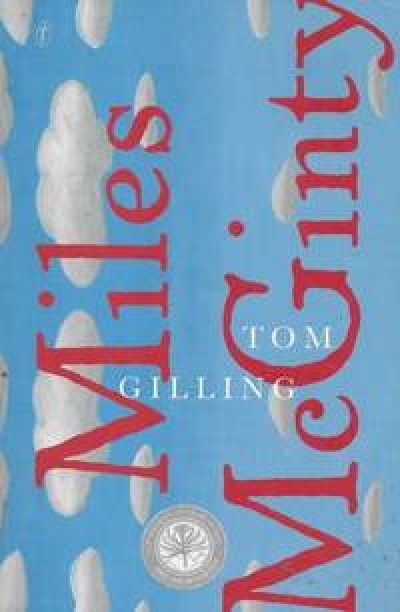Australian Fiction
The Man From the Sunrise Side by Ambrose Mungala Chalarimeri & The Mish by Robert Lowe
by Bruce Sims •
This is a particularly interesting group of reissued ‘classics’, spanning just over fifty years in twentieth-century Australian literature. Although they have very different fictional styles, all are realist or social realist novels, and their politics and preoccupations are not dissimilar. Each is concerned with working people’s lives, differing contrasts between city and country life, and aspects of class.
... (read more)Bearded Ladies/Dreamhouse by Kate Grenville & Joan Makes History by Kate Grenville
by Carolyn Tétaz •
Walking Naked by Alyssa Brugman & The Barrumbi Kids by Leonie Norrington
by Judith Ridge •
These four titles are reissues of well-known texts, or of the work of well-known writers, from four different publishers. A good sign perhaps, very welcome at a time when publishing seems ever more ephemeral and when many works, even from the recent past, are unavailable.
... (read more)







